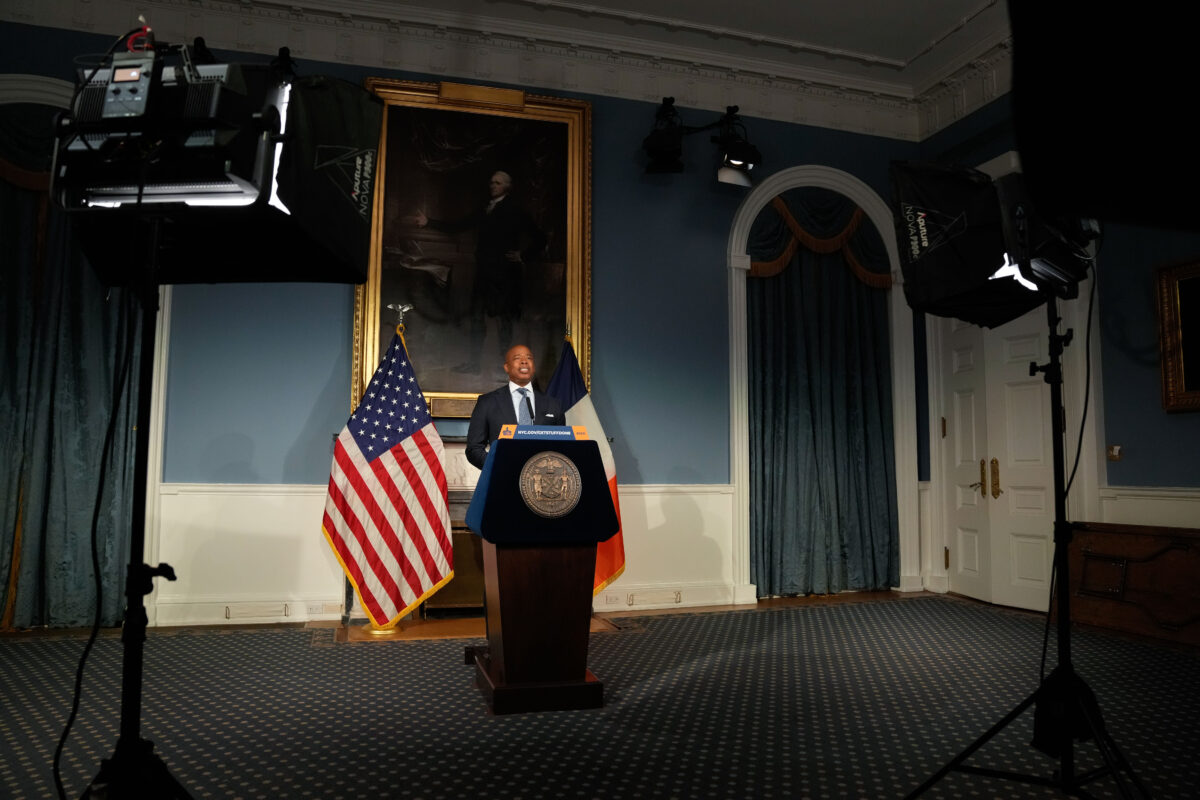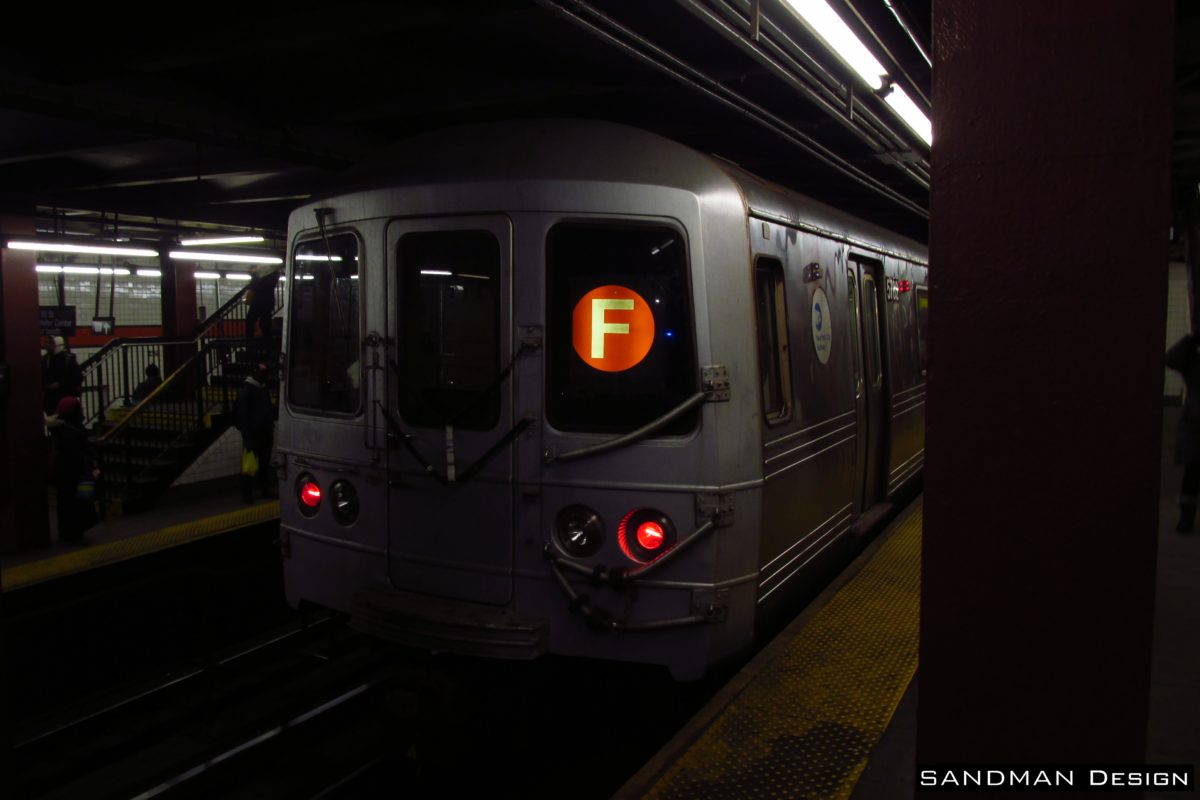Pol Position: Mayor’s Math Problem
Math can be hard.
As reporters, we don’t often like doing math (it’s why, among other reasons, we joined this field.) So we commiserate with Hizzoner, that a recent independent report found that he overestimated the costs of asylum seekers in his executive budget.
A new report from the Independent Budget Report found that the Mayors estimates overshot asylum seeker costs between $600 million and 1.7 billion.
Just a little off, Mr. Mayor. Or maybe it’s the IBO that is off?
The lowest cost scenario from the IBO is $2.671 billion, the baseline cost scenario is $3.073 billion and the higher cost scenario $3.278 billion — while the Mayor’s projection, per the executive budget, is $4.3 billion.
“For our baseline-cost scenario, IBO estimates that the asylum-seeking population in 2024 will continue to follow trends of arrivals, stays, and exits seen in 2023, and that the current cost of providing shelter and food and other city services for asylum seekers will remain constant. This scenario totals $3.1 billion across 2023 and 2024, $1.2 billion lower than the Executive Budget,” the report reads.
The report also highlights that 80 percent of the budget costs are projected to stem from housing while the remaining 20 percent are for a series of administrative costs.
A city hall spokesperson said in a statement that instead, the IBO is the one who can’t do their calculations correctly.
“This is not a serious estimate of the city’s skyrocketing asylum seeker costs, and is consistent with IBO’s pattern of providing unrealistically low cost estimates. Their worst-case analysis ignores their own premise — that the population grows and costs will be higher than current rates. To date, we have already spent more than $1 billion since July of last year and are, unfortunately, on track to reach $1.4 billion by the end of this Fiscal Year, just like we have said for months. Further, with the recent decision by certain states, localities, and a network of activists to resume the bussing of migrants to New York City, as well as the expiration of Title 42 this week, we face significant uncertainty, and must ensure we’re spending within our means. We literally cannot afford to be wrong.”
I guess we will have to wait and see whose figure is more correct over the following months to be 100 percent sure.





